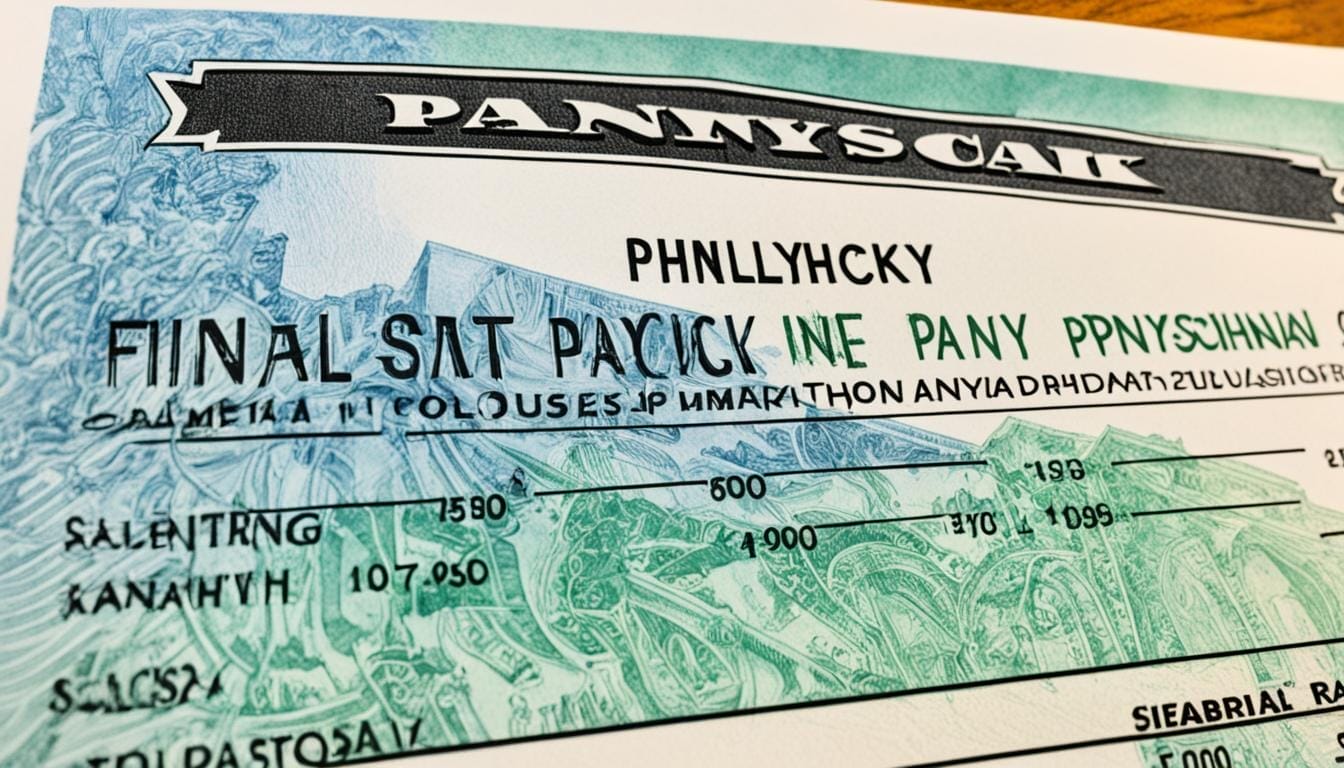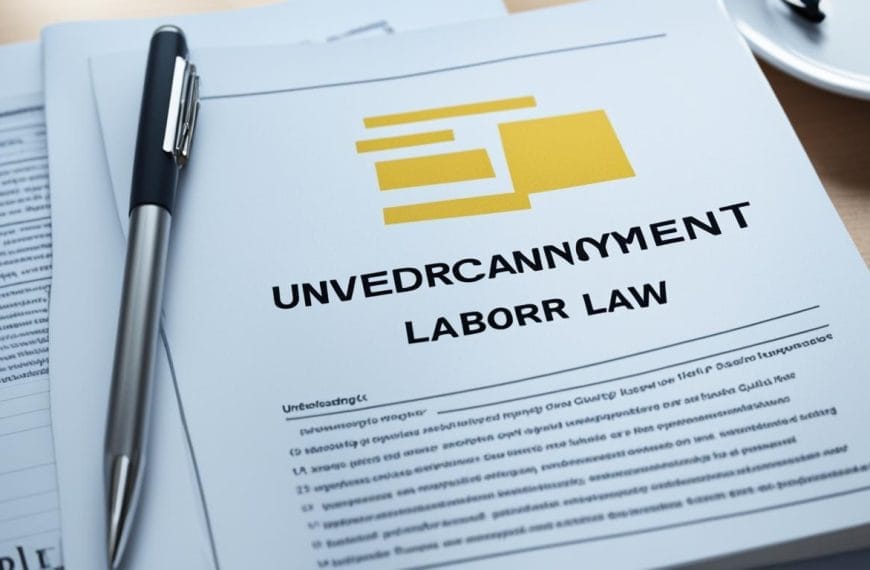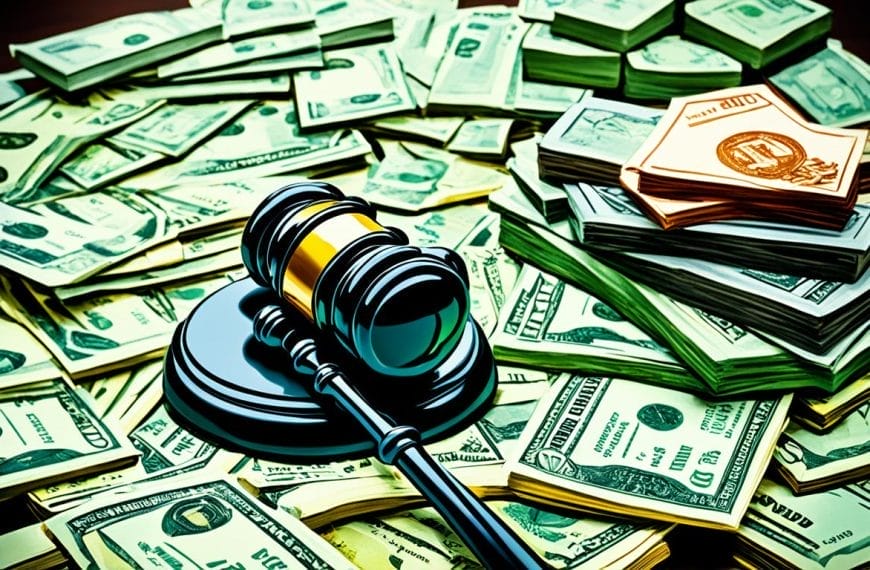Timely Payment and Entitlements
Pennsylvania’s Wage Payment and Collection Law safeguards employee rights regarding final paychecks. Under this law, employers must pay all earned wages, excluding fringe benefits and wage supplements, by the next scheduled payday after termination, regardless of the reason for separation. This means you should receive your final paycheck promptly, whether you were laid off, resigned, or terminated.
In addition to regular wages, your final paycheck may include accrued vacation or sick leave, depending on your company’s policy and your employment contract. Reviewing your contract and company policies to understand your specific entitlements is important.
Unlawful Withholding and Recourse Options
Pennsylvania law prohibits employers from withholding final paychecks. However, they can garnish wages for specific debts like spousal support, back rent, and court-ordered restitution. If you experience unlawful withholding of your final paycheck, you have recourse options. You can:
- File a complaint: Contact the Pennsylvania Department of Labor and Industry’s Bureau of Labor Law Compliance to seek assistance and resolution.
- Pursue legal action: You can file a lawsuit to recover your unpaid wages and potentially claim damages.
Garnishment and Your Rights
Understanding wage garnishment is crucial in Pennsylvania. While employers can garnish wages for certain debts, specific rules apply:
- Back child support, defaulted student loans, and back taxes: Garnishment is allowed without a court judgment.
- Personal debts: A court judgment is required for garnishment.
It’s important to note that discrimination in withholding paychecks based on protected characteristics like race, age, sex, religion, etc., is strictly prohibited.
Handling Wage Garnishment
If you face wage garnishment, remember:
- Review the garnishment order: Understand the details of the debt and the garnishment process.
- Seek legal advice: Consult a lawyer to discuss your options and protect your rights.
- Explore payment options: Consider negotiating a payment plan with the creditor to avoid further garnishment.
Conclusion
Pennsylvania’s final paycheck laws aim to protect employees and ensure timely and fair compensation. Knowing your rights and available resources empowers you to navigate situations involving final paychecks, withheld wages, and garnishment effectively. Remember, the Pennsylvania Department of Labor and Industry is a valuable resource for assistance and complaint resolution.













